Government Ethics
The Markkula Center for Applied Ethics explores Government Ethics issues including campaign ethics, conflicts of interest, gifts to officials, transparency, budgeting, and other topics.
by John Pelissero, Director, Government Ethics and Professor Emeritus of Political Science at Loyola University Chicago
"On taking office, every public servant, elected or appointed, enters into a covenant with the people: that as a public official they will seek to promote the public interest in all political processes and ensure that policy adoption and service provision occur without favoritism or discrimination. Moreover, a public official must not use her or his position for personal gain and should avoid even the appearance of having a conflict of interest. An ethical awareness of the obligation to act in the public interest will normally promote fairness and justice, and advance the common good."

“Voting for Ethics” is a non-partisan, how-to guide for U.S. voters. It will help you identify the hallmarks of an ethical candidate and make a more informed decision -- whether for your local school board or a national election.
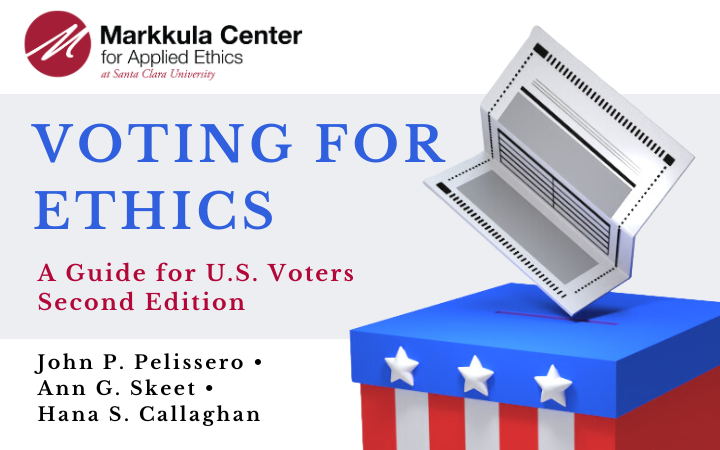
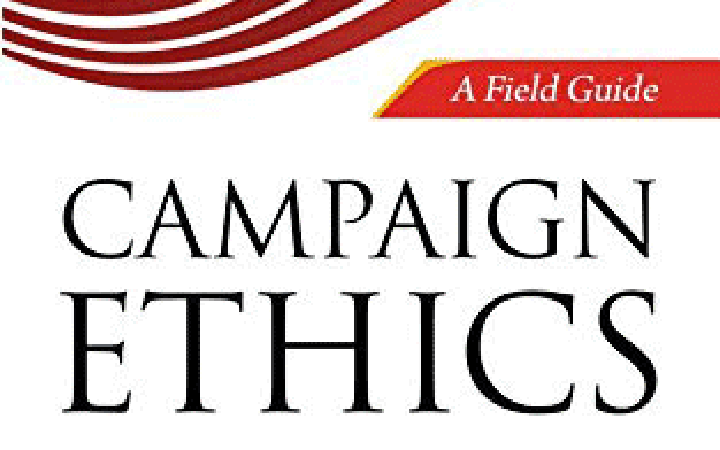
This guidebook is designed to help those managing or engaging in political campaigns do so in an ethical manner. It also serves as a valuable resource to voters, helping them identify the hallmarks of an ethical campaign.

The headlines this election cycle have been dominated by unprecedented events, it’s no wonder other important political developments have been drowned out, including the steady drip of artificial intelligence-enhanced attempts to influence voters.
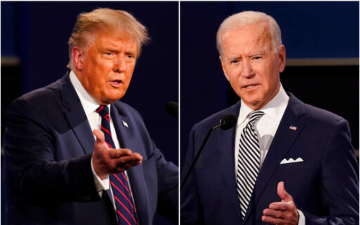
The common good would be better served by debates that elevated voters’ confidence in our ability to engage in civil discourse, restoring some of the trust the public has lost in its elected officials.

During recent student protests, the universities able to find common ground with students have done so by engaging with them directly in dialogue, setting boundaries that are consistently applied, and working to achieve compromise, rather than digging in firmly with a resolute stance against discussions of divestment from Israel and the arms industry.

Here are five of the most common conflicts of interest in government and how officials can avoid and prevent even the appearance of acting to benefit their personal and financial interests, at the cost of the public’s interest.

Five Common Conflicts of Interest in Government and How to Prevent Them
How officials can avoid and prevent even the appearance of acting to benefit their personal and financial interests, at the cost of the public’s interest.
Writing a code of ethics? View samples curated from professional associations and state and local governments.
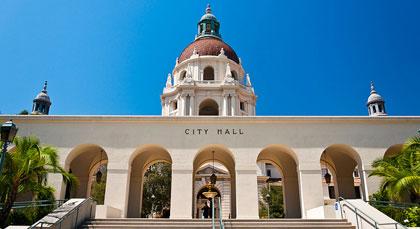
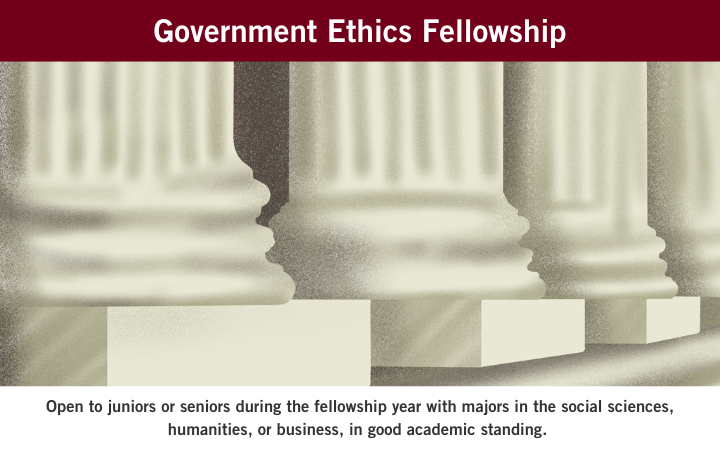
The Government Ethics Fellowship is open to juniors and seniors with a major or minor in social sciences, humanities, or business.
Fellows work approximately four to five hours per week on projects at the intersection of policy and ethics with Professor John Pelissero, director of government ethics at the Ethics Center.
Are laws always ethical? How have voting rights recently been restricted within the United States? Are state officials abusing their power in unethical ways to change voting regulations?
In this episode of the Wild Beasts podcast, John Pelissero, director of government ethics at the Markkula Center for Applied Ethics discusses voting rights, disinformation, discrimination, and voter suppression.


Browse our commentaries on civic virtue, campaign ethics, lobbying, and current events.

Dive deep into real-life conflicts of interest, whistleblowing, gifts and bribes, and cronyism.

Hear what our staff and fellows are saying about voting, public trust, transparency, and more.
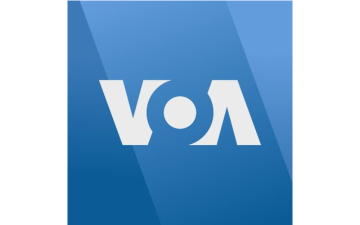
John Pelissero, director, government ethics, interviewed by Voice of America (VOA).

John Pelissero, director, government ethics, quoted by KTVU Fox 2.

John Pelissero, director, government ethics, quoted by The Press Democrat.

Ann Skeet, senior director, leadership ethics, quoted by Information Week.
